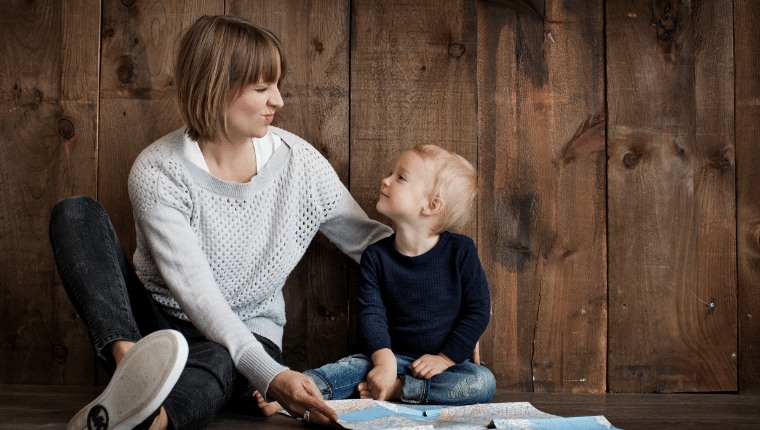Today’s society is anything but unhurried! It often seems like everything is a race. Have to get to work by this time to fit all of this in, then straight to the gym, out with friends and on and on until it feels like you never stop to even take a breath!
What is it that has made us like this? Is it competition? To see who can achieve or accomplish the most in a day, week, year or their life? Right from when a baby is born people seem to want to hurry it through life and it’s developmental milestones. “Is she rolling yet”? “Has he started walking”? “Can she write her name, count to 100, recite Pi to 5 decimal places”?
What is the hurry????
The pressure we feel from society means we feel as if we have to race through our days, weeks and years so as to feel we are accomplishing things. No one actually likes to feel hurried. It makes us feel out of control, like we are running out of time, makes us forget things and can lead to feeling overwhelmed and stressed. How many times during any given day you are teaching do you feel that you are running out of time to get everything done? How many times do you feel flustered and in a rush? Do you enjoy this feeling? Or would you much rather feel calm and that you have as much time as you need?
Newsflash….children feel exactly the same way!
The secret is to start thinking about pace. Start noticing the pace you do things at, both while teaching children and in your personal life. Once you start noticing and thinking about your pace, you can begin to adjust it. I’m going to go out on a limb here and say that all of you will have a pace that is too fast for children.
There are a multitude of benefits for children in allowing more time and slowing down. Teachers too, will see they are benefiting from slowing down and your practice will become much more informed, valuable and fun. Allowing time means allowing children to set the pace, letting them decide how slow they want to go and how much time they need for any given experience. One of the biggest benefits of this is through freedom of movement. Allowing infants to explore movement at their own pace and free from restricting contraptions such as swings, jumpers and walkers.
The work of Emmi Pikler and Magda Gerba focuses on the importance of allowing infants to take ownership of their own movement development. To allow them to instinctively work on the muscle strength, coordination, balance and flexibility they need to progress through their movement milestones in their own time, when they are ready to physically, mentally and emotionally. There are also huge benefits to be seen in the area of forming close, respectful and trusting relationships with children. This is the cornerstone of Early Childhood Education and of vital importance so as children feel safe, secure, that their needs will always be met and confident to explore and learn about the world they are part of. Developing these takes time, a lot of time and to truly be respectful towards the children we are working with, we need to allow that time and again, allow them to set the pace. Allowing a large amount of time for exploration and investigation in vital for children to be able to learn and develop skills. How frustrating is it when you are halfway through a game or a book and you get interrupted? It’s the same for children, only they need even more time than we do to explore and process information.
It is vitally important for children to be allowed the freedom to find things out for themselves, to be able to gain an understanding of how things work in the world, build on these working theories, to succeed and fail, to test out ideas and discover things without adult input. This is the value of self-initiated activity and it should be encouraged in all children from the earliest age. Allowing this freedom means that a child’s play and exploration focusses on what they can achieve and do themselves rather than hurrying through this and focussing on what they are not yet able to do. Allowing uninterrupted time for play and exploration means you have more time observing a child’s skills and interests which allows us to realise how competent they are!
Like every other aspect of the adult world, stress presents itself far too early these days in the process of growing and developing for children. Sadly, more and more children are joining the adult push to spend time “productively,” not to waste a moment, they have no down time, instead their schedules are filled with preschool/school, sport, music, dance, social events with family and friends and a multitude of other activities. All this can easily move them into that anxious stress mode we see all too commonly in adults. Children are naturally busy, moving, exploring beings and don’t need exercises to help them live in the moment, but they do need space and time physically and emotionally to just “be”.
Watch a two year old who has no idea of time and will repeat a simple activity that gives pleasure, filling and emptying a bucket with water, putting pebbles in a row and then rearranging them over and over and being absolutely delighted with this accomplishment and you see an unstressed being.
We all wish we had more time, so start showing children that they can.
Interested in learning more about this topic? Check out our course – The Unhurried Teacher – via the Online Learning Hub.


